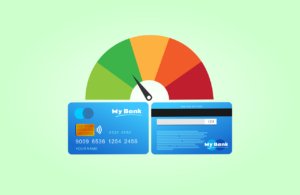Dear Liz: I am an 82-year-old widow with a disabled daughter in a desperate financial situation. Payments on my credit cards and a personal loan eat up half the income I get from Social Security, my late husband’s pension and my IRA. My total debt is over $100,000 and my only assets are a car worth $35,000 and the fast-dwindling IRA with just $25,000. I need advice on how best to proceed: bankruptcy or loan consolidation or something else?
Answer: Please make an appointment with a bankruptcy attorney as soon as possible.
There are other solutions for debt, including a debt management plan through a credit counselor, debt settlement or a consolidation loan. Debt management allows people to pay off what they owe over time, often at a lower interest rate. Debt settlement involves negotiating with creditors to accept less than what they’re owed. A consolidation loan replaces multiple debts with a single loan, often at a fixed interest rate.
Your situation is simply too dire for these other methods to make much sense, however. Bankruptcy could allow you to legally erase the debt and preserve what’s left of your limited funds.
 This week’s top story: Debt settlement hurts your credit score. In other news: Weekly mortgage rates fall, but existing home sales sag, DOJ files antitrust suit against Live Nation/Ticketmaster, and why the disconnect between economic strength and sentiment matters.
This week’s top story: Debt settlement hurts your credit score. In other news: Weekly mortgage rates fall, but existing home sales sag, DOJ files antitrust suit against Live Nation/Ticketmaster, and why the disconnect between economic strength and sentiment matters. Today’s top story: How debt settlement can make a bad money situation worse. Also in the news: Using an IRA as a legal, last-minute way to lower your taxes, 4 reasons why it’s smart to buy a used cell phone, and how to budget as a freelancer.
Today’s top story: How debt settlement can make a bad money situation worse. Also in the news: Using an IRA as a legal, last-minute way to lower your taxes, 4 reasons why it’s smart to buy a used cell phone, and how to budget as a freelancer.  Today’s top story: 3 ways debt settlement may not be the fix you expect. Also in the news: NFL great Eric Dickerson shares money and life lessons, where to find low-cost checking and the reason why most people get rejected for a personal loan.
Today’s top story: 3 ways debt settlement may not be the fix you expect. Also in the news: NFL great Eric Dickerson shares money and life lessons, where to find low-cost checking and the reason why most people get rejected for a personal loan.